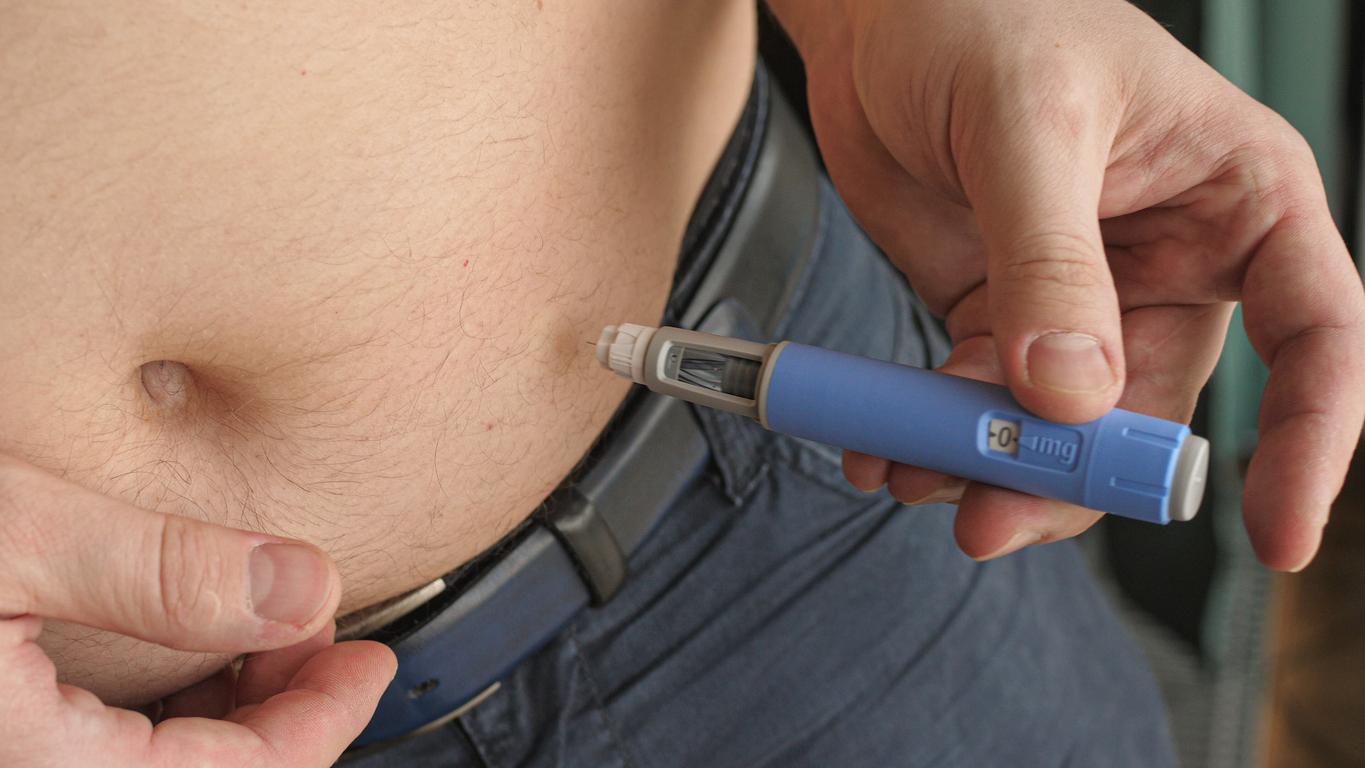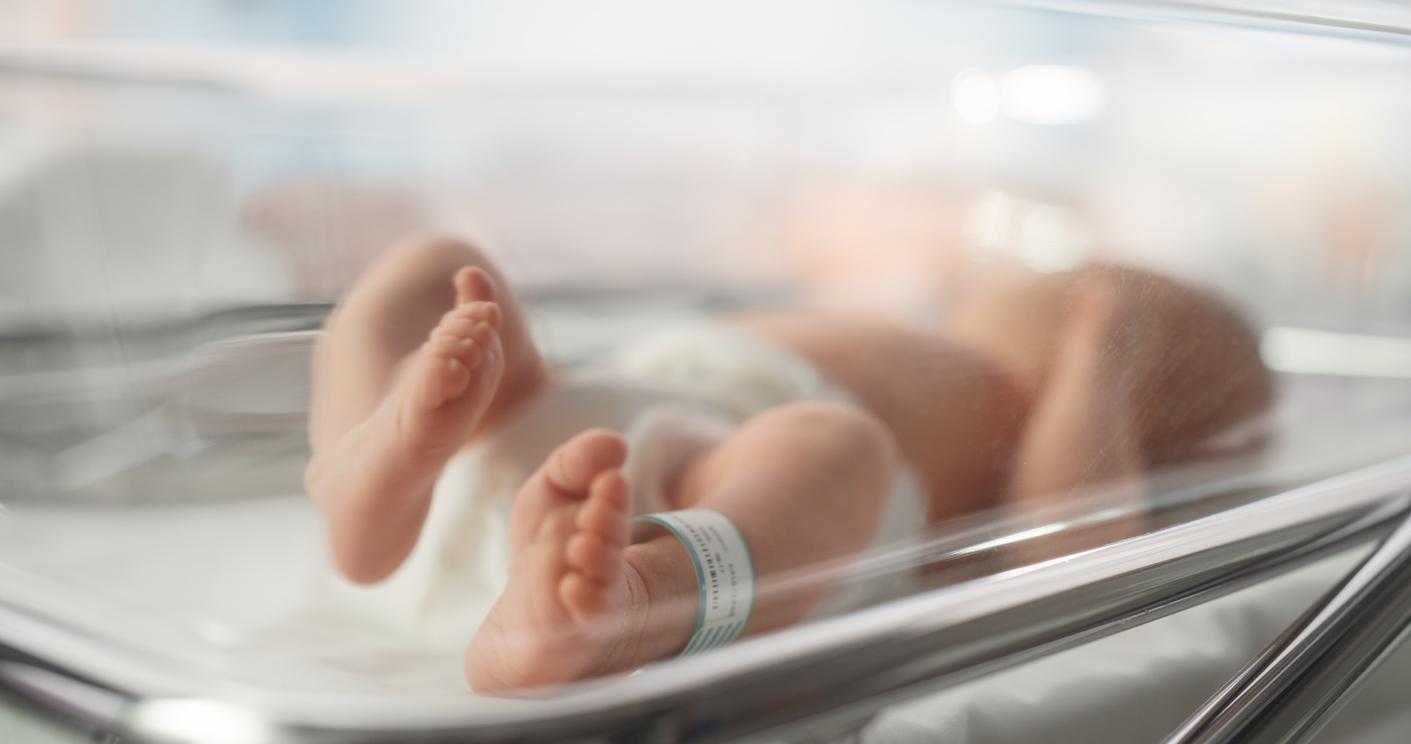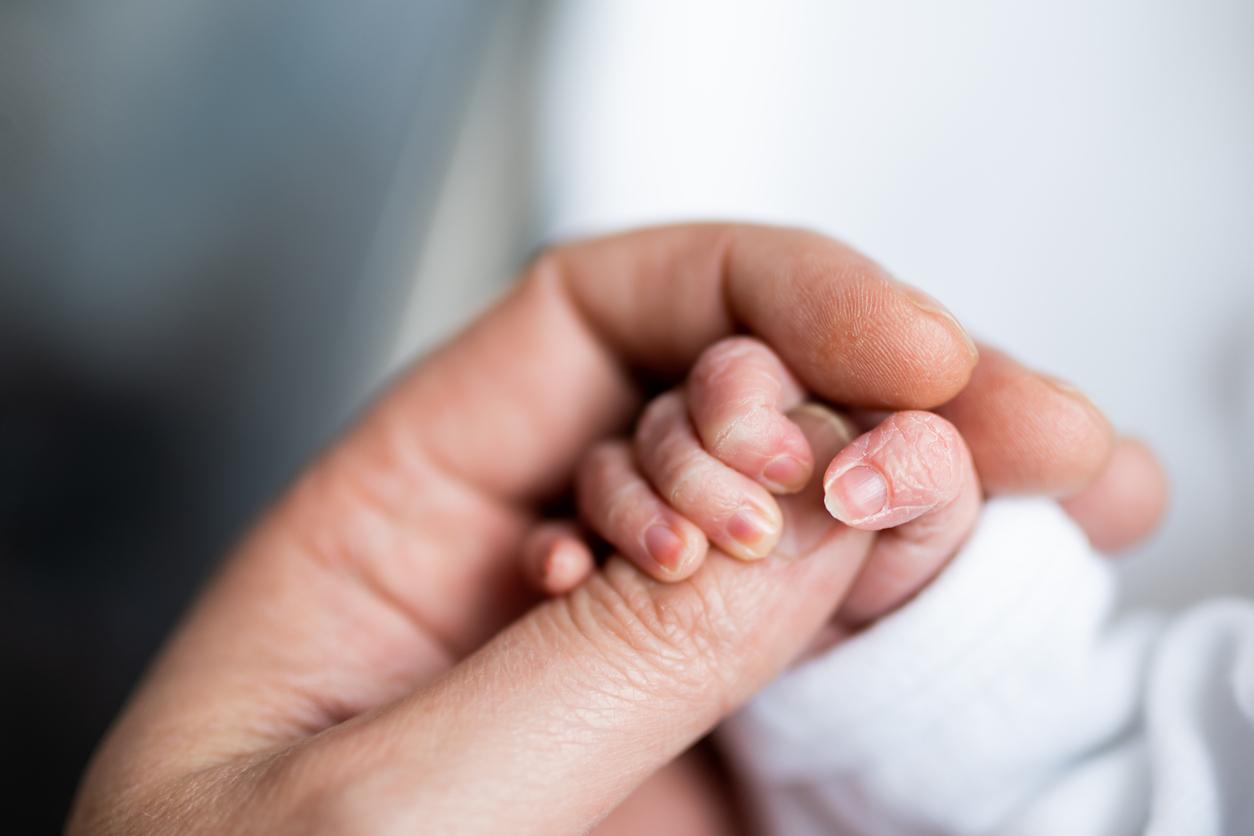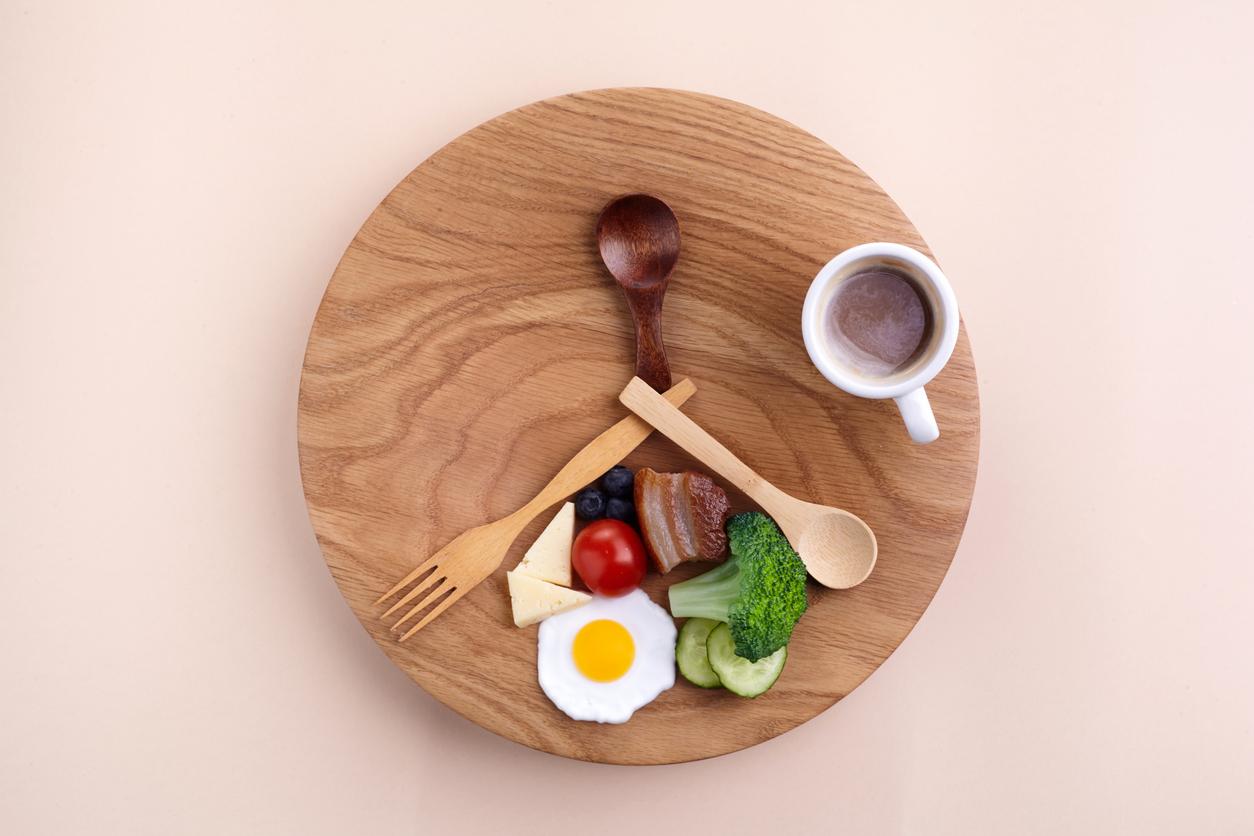
Reader questions answered
What should I do to reduce my appetite in the evening after a meal? What can I do about my excess weight after menopause? I don’t eat anything anymore and yet I gain weight, how is that possible? Questions, questions, questions. And here are the answers.
1. What can I do against weight gain as a result of the menopause?
Losing weight after the transition is no different than before. It means eating less and exercising more. But it is precisely during the menopause that prevention is better than cure. Therefore, keep a close eye on the scale and your clothing size during this period and intervene immediately if you gain weight. Why? Losing two pounds is easier than ten pounds!
If you have gained some weight and are strict with yourself for a few days (no snacks or high-calorie meals and drinks), that minimal excess weight will disappear in no time. And keep or start moving to burn calories and to maintain your muscle mass.
2. Why am I gaining weight even though I don’t eat anything more than I used to?
It applies to women to an even greater extent, but muscle mass also decreases in men as they get older. That muscle breakdown is the culprit. Muscle tissue is ‘active’ tissue that consumes a lot of calories. If muscle mass decreases, metabolism also decreases and if you continue to eat the same as you were used to, you will gain weight. The cure? Eating a little less each time or maintaining muscle mass with muscle toning exercises. More muscle is not only good for the metabolism, it also gives more strength and energy and the body will look ‘tighter’.
3. No matter how much weight I lose, after a while I’m back to my old weight or even more. What should I do?
You are not alone, most dieters will have experienced the yo-yo effect: dieting strict, losing weight and then slowly but surely gaining weight again until you weigh more than when you started. Anyone who loses a lot of weight in a short time due to a strict diet lowers their own metabolism. The body then permanently needs fewer calories. This is because you weigh less (you have to carry less weight) and because you often lose muscle tissue with a strict diet. If you eat what you were used to after your diet, you will therefore become fatter than you were.
Therefore: the more a diet deviates from what you are used to eating, the smaller the chance of success. Better is a slow action. Eating a little less, about 300 to 500 kcal less per day, and exercising more at the same time, is much more effective. It is easier to maintain, you do not lose muscle tissue and you lose about 1 kilogram per month. The effect is also permanent.
4. My pregnancy pounds have never gone away. How do I lose 20 kilograms?
Follow the slow diet: 500 kilocalories less every day than you are used to and exercise for at least half an hour every day. You should also ask yourself whether you are not setting yourself an unrealistic goal. Doctors and dietitians assume that a person can lose a maximum of 5 to 10 percent of body weight. So if you weigh 80 kilograms, that is 4 to 8 kilograms. Anything that you lose more weight (by eating healthy permanently) is simply a bonus.
5. It seems that every ounce that I gain is sitting on my stomach. How did that happen?
During the woman’s reproductive years, excess fat is mainly stored around the hips as an energy supply. This energy supply is intended for the breastfeeding period, so the hip fat can only decrease if you breastfeed your baby for a long time. In men, excess fat accumulates mainly on the abdomen. But after menopause, the amount of female hormones decreases and women gain a more masculine fat distribution. That is why during the menopause and after the menopause, especially the abdomen becomes a bit rounder.
6. Later in the evening I always get an unstoppable craving. Why is that?
If you eat your evening meal early in the evening, you can easily find yourself hungry again a few hours later. The remedy is then: just eat a little later. That late pull can also be a sign of fatigue; snacking or snacking will refresh you for a while. Go to sleep when you are tired.
If you are used to drinking alcohol in the evening, it can also cause an extra appetite; so don’t do it anymore. And sometimes snacking and snacking in the evening is a matter of habit. Then break it. Are you feeling hungry? Brush your teeth or go for an evening walk. There is a good chance that the appetite will disappear and that you will no longer be bothered by that habit after a few weeks. Finally, don’t tempt yourself. Do not bring sweet and savory snacks into the house, then you cannot eat them.
Liesbeth van Rossum is an internist and endocrinologist and Mariette Boon is an internist in training and researcher into brown fat. Together they wrote the bestseller ‘Fat important‘. This duo knows all about body fat and how you can influence it. Do you want to lose weight? Listen to the podcast below before you start a diet, because then you can avoid common mistakes.
Sources):
- Plus Magazine

















